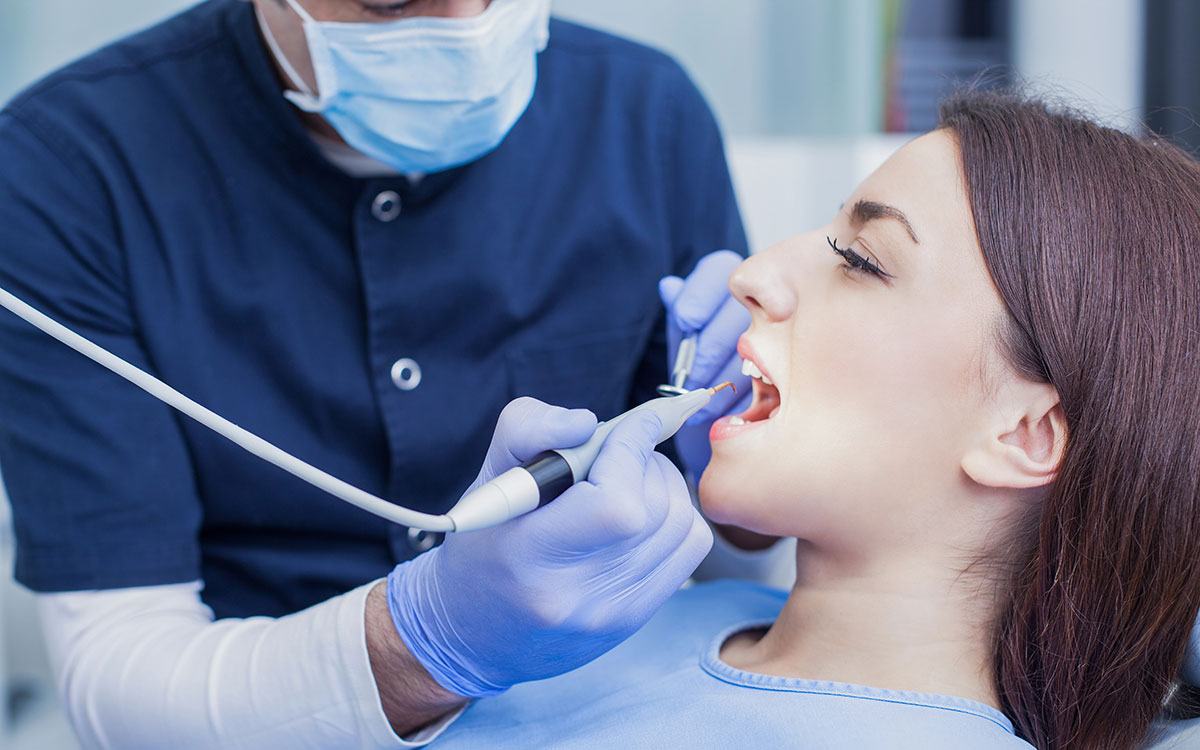Good oral hygiene is something that nobody should overlook. Taking care of your teeth should be an essential part of your everyday routine, and it could be the difference between a charming smile and gaps in your dental x-ray.
One of the most overlooked parts of oral hygiene is the gums. When people look at their mouths, the teeth often steal the spotlight, so it is easy to overlook your gums. People are more focused on achieving a perfect white smile.
However, a perfect smile is not possible without healthy gums. The gums hold the teeth in place and significantly contribute to an ideal smile. Therefore, if you want to avoid gum diseases and other problems brought about by unhealthy gums, you need to learn how to care for your gums better.
Why Are Gums So Important?
Believe it or not, gum health is vital to your overall health. For starters, they hold your teeth in place! No matter how healthy and beautiful your teeth may be, they can only stay in place thanks to healthy gums. Think of your gums as a seal for your teeth. Without proper care and cleaning, bacteria will take over, creating small pockets, leading to a not-so-tight seal.
Secondly, gum disease has a link to cardiovascular disease, which has led experts to conclude that healthy gums help sustain a healthy heart. While the details of this link are yet to achieve scientific explanation, studies show that people with poor gum health often suffer from cardiovascular conditions. Many heart attack and stroke patients also have gum disease.
Lastly, healthy gums can keep your entire body healthy. When you have inflamed gums due to poor oral hygiene, bacteria are more likely to enter the bloodstream. This means that you are more susceptible to infections if you have unhealthy gums. And your body is healthier overall if you maintain healthy gums.
Tips for Keeping Your Gums Healthy
1. Brush Twice a Day
If you don’t already do it, make a habit of brushing your teeth at least twice every day. One of these times should be at night after meals, and the other should be some time during the day. Brushing your teeth helps remove plaque any food trapped between your teeth. Always use a soft-bristle toothbrush, and replace it every three months. Brush at a 45-degree angle to the gums and move the toothbrush in short circular motions, pressing gently. Spend at least 2 to 3 minutes brushing.
2. Floss Regularly
Flossing helps to reach where the toothbrush bristles cannot. This practice helps to remove stuck food particles and plaque from your teeth. Flossing is also essential for keeping your breath fresh by removing trapped food particles. You can do it in the morning, noon or night; just be sure to do it at least once a day. Push the floss all the way down to the gum line, then hug the tooth with up and down motions. Avoid snapping up and down as it can cause pain.
3. Quit Smoking
On top of being an unhealthy habit, smoking does a number on your teeth and gums. Studies have shown that smoking makes you more susceptible to gum disease because it weakens your immunity system. The damage to your immunity makes it harder for the gums to fight off an infection. Cigarettes and other tobacco products will increase the chances of developing gum disease, so experts recommend quitting immediately.
4. Visit A Dentist Regularly
Oral health experts will tell you to visit a dentist regularly, whether you have a toothache or not. Dental checkups are essential for healthy gums. The primary visit includes professional teeth and gum cleaning, which helps to remove bacterial and tartar from the teeth. This visit will also help the dentist to identify any potential problems with your teeth and gums. Early detection means a better chance of recovery, at a quicker pace too. Dental cleaning also helps to reverse the effects of gum disease, gingivitis, and other oral conditions.
5. Use Fluoride
You have probably seen some oral hygiene products with the term ‘contains fluoride.’ Many manufacturers add fluoride to toothpaste and other products to help with oral health. This is because fluoride is a natural mineral that protects the tooth’s enamel while fighting off cavities. Experts say that fluoride in drinking water and some kinds of toothpaste has contributed to the reduction of dental cavities over the years. Therefore, the American Dental Association (ADA) states that fluoride should be the main ingredient in toothpaste for optimum gum and teeth health. As you buy this type of toothpaste, ensure that it is ADA- approved.
6. Avoid Sugary Foods
It goes without saying that you should avoid sugary foods for better health in general. Unfortunately, many people intake excess sugar every day, thanks to desserts and beverages. This is very bad for your teeth because bacteria love sugar. The bacteria in your mouth feed on the sugar and release byproducts. These acidic byproducts attack the teeth’ enamel and gum tissues. Therefore, excessive intake of sugar will erode the enamel of the teeth while making your gums more susceptible to diseases. Avoiding sugar goes a long way in preventing gum issues. Therefore, limit your intake.
7. Invest In A Therapeutic Mouthwash
Lastly, if you have never used mouthwash, start today and do not stop. ADA classifies mouthwash into two categories, cosmetic and therapeutic. You can find both over the counter, but experts advise that you use the medicinal mouth wash. This is because they help to prevent gum disease, reduce the buildup of tartar, remove food particles from the mouth, reduce inflammation of the gums, and reduce the amount of plaque on the teeth. It is important to note, however, that mouthwash is not a substitute for brushing your teeth.
In Conclusion, never ignore your gums. They make up a big part of your smile, and without them, you would have no teeth. Just keep practicing these helpful tips, and you will have a gorgeous smile for many years to come.







